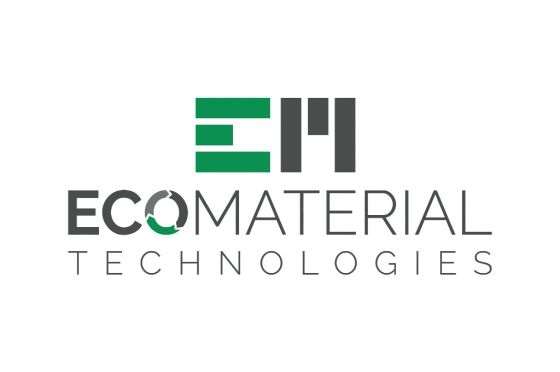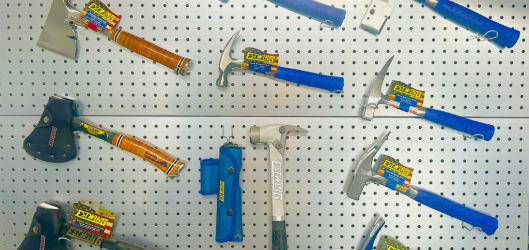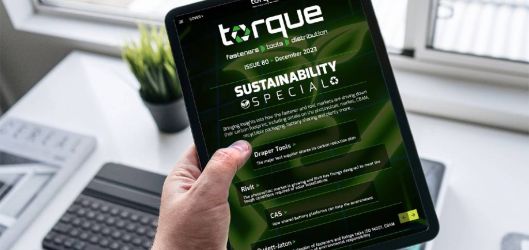
Expanded partnership includes new bottom ash and gypsum beneficiation and harvesting plants to further decarbonise the concrete industry with sustainable cement alternatives.
Eco Material Technologies, a producer of sustainable cementitious materials and near-zero carbon cement replacement products in North America, announced an expanded partnership with Rainbow Energy Center (Rainbow) to jointly invest in new beneficiation and harvesting plants at the Coal Creek Station to transform management of previously disposed of products and enhance carbon reduction efforts. Eco Material and Rainbow will capture, beneficiate and market all of the solid-form discharged materials from Coal Creek Station, adding to their existing partnership that markets high-quality fly ash in the concrete sector.
"We expect demand for high-quality sustainable cementitious materials (SCMs) like fly ash and pozzolans to grow rapidly over the next 10 years and we are excited to work with Rainbow to provide that for the industry," said Grant Quasha, CEO of Eco Material Technologies. "This project is the culmination of a relationship between Eco Material and Coal Creek Station on fly ash beneficial use for over 30 years, and that partnership has only grown since Rainbow's purchase of the facility in 2022. This project marks a key turning point in the SCM market for the region."
The project will be the first beneficiation and harvesting plants in the state of North Dakota and the second bottom ash beneficiation and harvesting project within Eco Material's portfolio. The Coal Creek project will provide an additional 400,000 tons annually of SCMs over the next 25 years to service the rapidly growing markets in North Dakota, Minnesota and Wisconsin. The project will also beneficiate Coal Creek's annual production of 150,000 tons of calcium sulphite into marketable synthetic gypsum, which will be primarily marketed to the wallboard industry by Eco Material.
North Dakota's Clean Sustainable Energy Authority (NDCSEA), a program to launch new energy projects to commercialisation that reduce carbon emissions, demonstrated strong support for this novel, business-minded approach. Creators and co-chairs of NDCSEA State Senator Dale Patten (Watford City) and State Representative Glenn Bosch (Bismarck) said, "The creative approach taken through Rainbow and Eco Material Technologies' partnership is exactly the type of project we had in mind when we created NDCSEA. Reducing our carbon emissions can go hand in hand with growing our economy, and this project is proof."
"Rainbow's vision for Coal Creek Station remains the same today as the day we developed the business plan for the facility. Our number one priority will always be to continue to operate Coal Creek Station in the most efficient and environmentally sound way possible," said Stacy Tschider, President of Rainbow. "The expanded partnership with Eco Material Technologies enhances the execution of our vision by reducing carbon emissions and our environmental impact while continuing to provide valuable baseload energy to the market. We are excited to lead the way in innovation and provide USA-made, recycled products to the concrete industry with Eco Material on this win-win for our companies, our state and the nation."
Rainbow purchased the 1051 megawatt, 2-unit station at Coal Creek in May 2022, which is the most efficient power plant in North Dakota. The plant was originally scheduled to be shut down, however, Rainbow infused capital into the plant to ensure it remains operational long-term. The plant currently produces approximately 500,000 tons annually of high-quality Class F fly ash.
Materials harvested from Coal Creek Station are and will be used in concrete blends to repair and construct bridges, roads, and buildings across the region and will reduce dependence on imported materials with a proudly Made in the USA recycled product. These materials will also reduce the concrete's carbon footprint. Coal ash replacement in cement, such as Eco Material's Green Cement products, has been proven to enhance the strength, impermeability and durability of concrete. In common practice, the material will replace 20-25% percent of carbon-intensive portland cement in concrete mixes. The portland cement and concrete industry currently account for approximately eight percent of global carbon emissions. For each ton of ash beneficially used to replace a ton of portland cement, there is approximately one ton of CO2 emissions avoided.
Eco Material has a portfolio of nine plants producing or under construction that represent over four million tons per annum of novel, beneficiated SCMs and Green Cement products to help decarbonise the North American concrete market.



